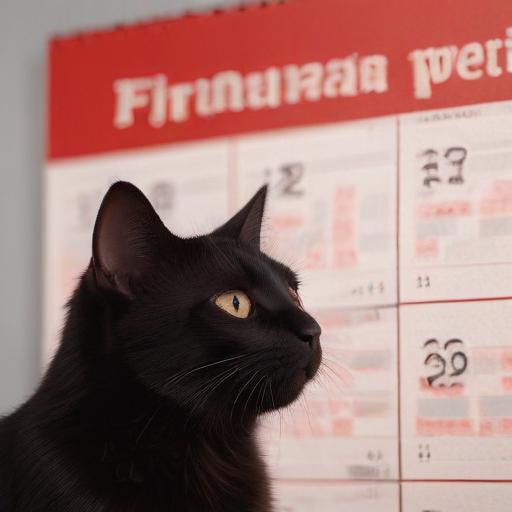A number of common superstitions have persisted through the years, and many people remain wary of certain situations believed to bring misfortune. Among these is the widely recognized fear surrounding Friday the 13th, often referred to as one of the unluckiest days of the year. This superstition has roots in religious narratives and cultural beliefs.
Associate professor of anthropology at the University of Buffalo, Phillips Stevens Jr., sheds light on the origins of this fear, tracing it back to the Christian narrative of the Last Supper. According to Stevens, during this significant event, 13 individuals—Jesus and his 12 apostles—gathered for Passover on a Thursday night. It was then that Judas, one of the apostles, betrayed Jesus, leading to his arrest and crucifixion the following day—Friday. This association with betrayal and tragedy has contributed to the perception of the number 13 as unlucky.
Those anxious about this day may suffer from friggatriskaidekaphobia, the specific fear of Friday the 13th, or triskaidekaphobia, the general fear of the number 13. For individuals who have such fears, scenarios like spending a night in a haunted hotel on this date could feel particularly daunting.
Stevens notes that superstitions often revolve around the desire to avoid potential danger. The practice of steering clear of anything associated with bad luck reflects a deep-seated instinct for self-preservation. However, for those unmoved by these beliefs, it can be an opportunity to embrace the fun side of fear. Spending the day exploring eerie venues or watching horror films can transform a potentially nerve-wracking situation into a thrilling experience.
As Friday the 13th approaches, it invites both reflection on societal beliefs and a chance to challenge oneself in light-hearted ways. By confronting, rather than avoiding, the events that bring on these superstitions, individuals can create unique experiences rather than succumb to fear.
